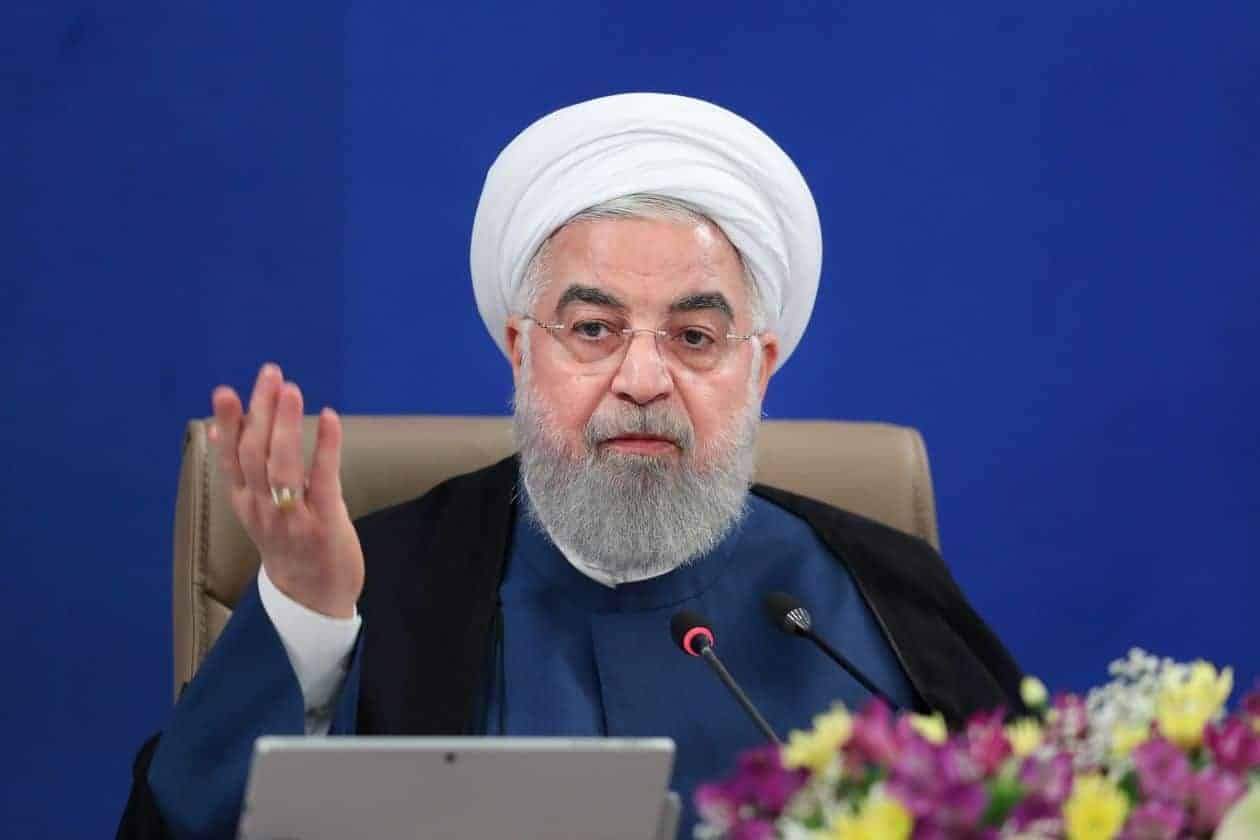Iran Investigates Large Explosion Near Key Military Site

Iranian authorities said they were investigating an explosion in the early hours of Friday at a Defense Ministry facility east of Tehran, near a site that has been crucial for Iran’s development of missiles and munitions.
The Iranian Defense Ministry said the blast was caused by an explosion in an industrial gas tank in a civilian area of Parchin. The fire was brought under control and the blast caused no casualties, a spokesman for the ministry, Davoud Abdi, said on state television.
Unverified video footage on social media, shot from apartments in Tehran, showed a bright orange light in the sky purportedly over east Tehran, followed by a plume of smoke.
The Parchin military base is a huge complex dedicated to development and production of rockets and ammunition, and contains several test sites. It is controversial because of claims, including from Israel and the nonprofit Institute for Science and International Security, that Parchin at least until 2004 was used to experiment on explosives that could have been used in nuclear weapons. The Iranian government denies the claims.
The exact location of the explosion couldn't immediately be independently verified. Another military site, the Khojir missile base, is also located in the general area of the blast.
Friday’s explosion is likely to raise questions about whether the incident was an accident or sabotage.
Iran has in the past accused Israel of targeting its facilities. Between 2010 and 2012, four scientists working on Iran’s nuclear program were assassinated. Iran accused Israel of complicity in the killings. Israel didn’t respond to the accusations.
Most recently, Iranian officials in May said hackers had damaged a small number of computers in a failed cyberattack in the port of Bandar Abbas. The alleged attempt followed a cyberattack in April on Israel’s water systems, which Iran is suspected of orchestrating.
In 2011, a large explosion destroyed vast parts of the Bidganeh arsenal at a missile base about 30 miles west of the capital, killing 17 members of the Revolutionary Guard, including Hassan Moqaddam, the most central figure in the development of Iran’s missile program. Tehran claimed that the explosion was an accident and didn’t involve sabotage by foreign powers.
The blast comes at a time of low public trust in the Iranian government and the Revolutionary Guard.
In January, Iranian authorities initially said that the crash of a Ukrainian passenger jet outside Tehran was caused by a fire in an engine that had made the pilot lose control of the aircraft. After three days, the Revolutionary Guard admitted to having shot down the plane by mistake.
The blast comes as Iran is embroiled in renewed controversy over its nuclear program, which was curtailed with the 2015 international nuclear deal that also gave the United Nations atomic agency access to Parchin and other sites. After the Trump administration withdrew from the deal in 2018, Iran said it would no longer adhere to limits set in the deal.
Member states from the United Nations atomic agency board voted earlier this month to condemn Iran for failing to cooperate with its probe of Tehran’s nuclear activities, the first such resolution since 2012.
Photo: Iranian President Hassan Rouhani speaks during a cabinet meeting in Tehran on Wednesday. - PHOTO: PRESIDENTIAL OFFICE/HANDOUT/SHUTTERSTOCK
Link: https://www.wsj.com/articles/iran-investigates-large-explosion-near-key-military-site-11593135668











